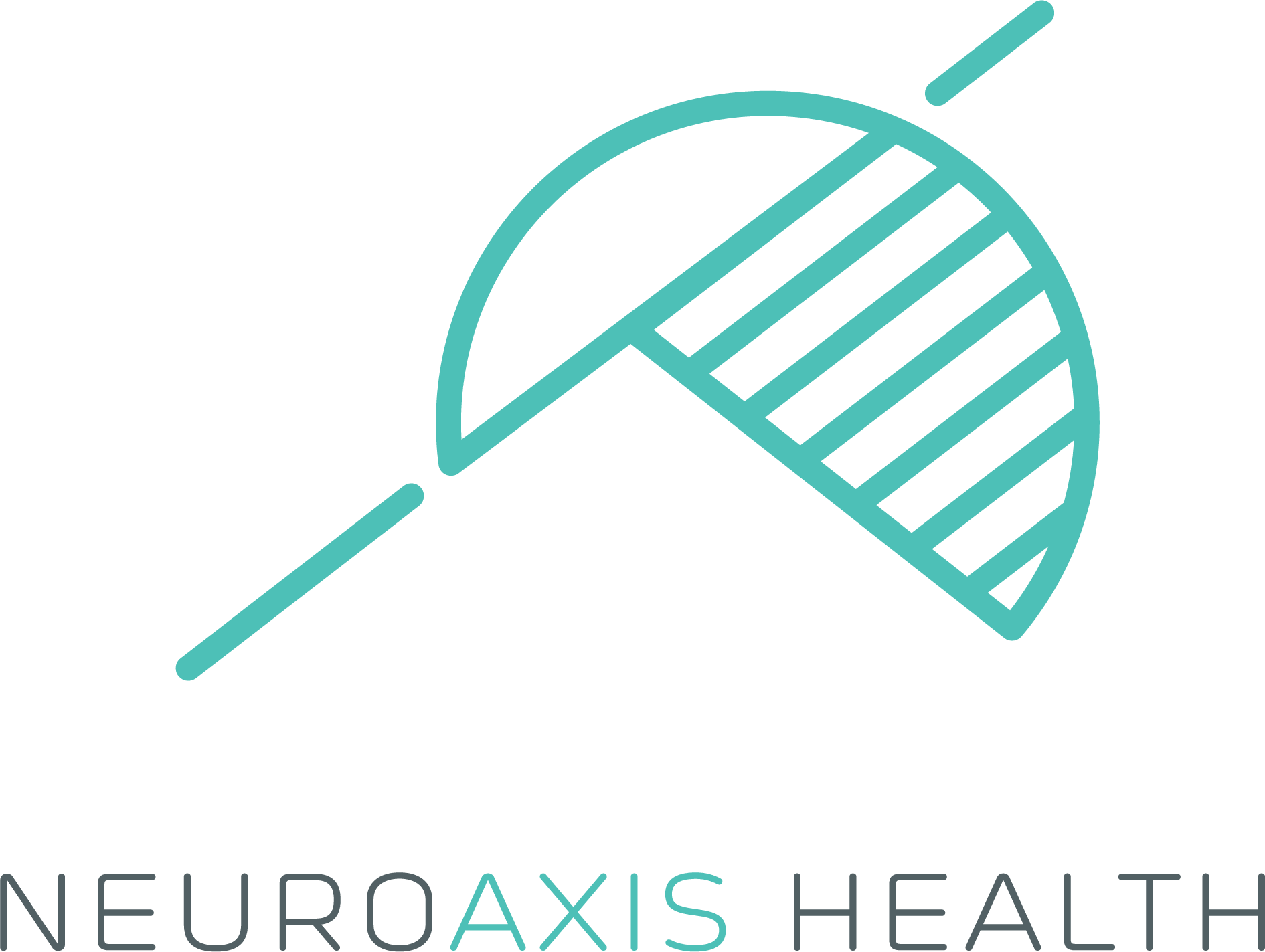Concussion Testing
Concussion Tests & Diagnostics for Brain Injury and Rehabilitation
Our diagnostics testing evaluates the most important neurological systems involved in brain health and wellness. These tests are by far the most informative, reliable and cost effective available. They help evaluate brain function in direct response to processing sensory input from our environment and understanding how this translates into physical performance.
As chiropractic neurologists we are not necessarily inventing new diagnostic procedures. We are simply integrating the latest advances of neuroscience and rehabilitation, and applying it directly to clinical practice to better serve those suffering from physical and neurological disorders.
The ability to administer and interpret diagnostic testing requires training and experience. So, not every chiropractor or functional neurologist offer these tests. Most importantly, these test cannot be used independently from a comprehensive history and neurological examination. And they are not used to replace diagnostic imaging. These tests serve to objectively evaluate specific neurological systems, verify the presence or absence of disease, and to assist in the customization of rehabilitation strategies that can target and improve function in these systems.
Type of Concussion Test:
Videonystagmography
A proven technology for the evaluation and diagnosis of dizziness, vertigo and balance disorders. By measuring movements of one's eyes we can assess the function of the equilibrium centers within the inner ear and visual pathways throughout the brain. The visual and balance systems are very complex feedback systems that allow one to sense, perceive and move through their environment. When it breaks down due to injury, illness, infection or developmental delays--this can cause a variety of symptoms ranging from dizziness and balance problems, visual tracking and depth perception issues, movement disorders and learning and behavioral disorders.
Type of Concussion Test:
Saccadometer
A saccade is a quick shift of the eyes from one target to the next. This device measures the latency, speed and accuracy of saccades. If an individual is not able to initiate or generate fast enough eye movements they may experience delayed mental processing, blurred vision and slow reaction times. If one's eyes are not accurate when looking from one object to the next they may have difficulty with visual and spatial awareness, appear clumsy or have poor balance. Saccadic eye movement originates from the frontal lobes of the brain and integrates with the basal ganglia and cerebellum as a functional network when observing a visual scene. And since saccades to the left and right are controlled by a different hemisphere of the brain, measuring these movements give us insights about functional asymmetries between sides of the brain and/or deficits in the precise neural generators that promote these movements.
Type of Concussion Test:
Computerized Posturography
Posturography measures one's balance under a variety of conditions which are able to determine whether a balance problem originates from the visual system, vestibular system or proprioceptive system. When there is a weakness or an error between one of these systems an individual will possess a higher risk for falls and injury. When performing this test, we begin with measuring a person's balance while standing on a solid surface with their eyes open and then closed. Then, standing on a foam surface with the eyes open and closed, and in various head positions. And finally, we test how far one can lean in each direction without falling, which is called Limits of Stability. This measurement is also called your Fall-Risk Score and can predict the likelihood of future falls. The Bertec balance trainer is also an essential rehabilitation tool which provides numerous progressively challenging exercises which can be customized to a person's needs.
Type of Concussion Test:
Sanet Neuro-Sensory Integrator
The NSI technology is a state of the art visual integration and hand-eye coordination program that can be used to customize rehabilitation programs specific to an individual's needs. It's features consist of hand-eye reaction speeds, slow and fast eye tracking abilities, visual-auditory sequencing, attention, memory, spatial awareness and much more. Once we have identified an individual's strengths and weaknesses with our diagnostic testing we use this system to provide exercises that selectively target and improve one's functional abilities.
Type of Concussion Test:
C3 Logix Baseline Concussion Test
The C3 Logix app provides a reliable and objective assessment of postural stability, working memory, set switching, reaction time, learning, and static and dynamic visual acuity. It uses a graph to represent the multiple symptoms and functional impairments associated with concussion. It also stores the data as part of the athletes’ medical records which makes it easy to share their progress with the parents, coach and doctors.
Even before the season is under way, parents and coaches need be ahead of the game when it comes to managing potential injuries for their children and athletes. It begins with using iPad and the app to take baseline measurements of athletes in normal states. When a possible concussion occurs during a practice or game, your child should be retested and obtain a post-injury measurement. By comparing those results with the baseline, they can easily spot a drop in performance that might indicate concussion or sub-concussive impairments.
Type of Concussion Test:
Physiological Function
The health of your brain and it’s ability to heal is dependent upon the optimal function of your body, its organ systems and physiology. We are all human and our individual health status is different from one person to the next. So, we need to be able to measure the health of your body as a whole in order to ensure we are addressing all of the factors necessary to promote health.
This involves measuring blood sugar level and complete blood count, metabolic panel and cardiovascular risk profile, monitoring inflammatory markers, hormones and screening for possible infections that can complicate one's ability to heal.
With this additional information we are able to recommend specific evidence-based nutrients and natural medicine approaches that can further support your ability to recover and heal. Dr. Chung also works with a team of integrative medicine specialists that can collaborate in providing the best care available once we have identified your specific needs.





